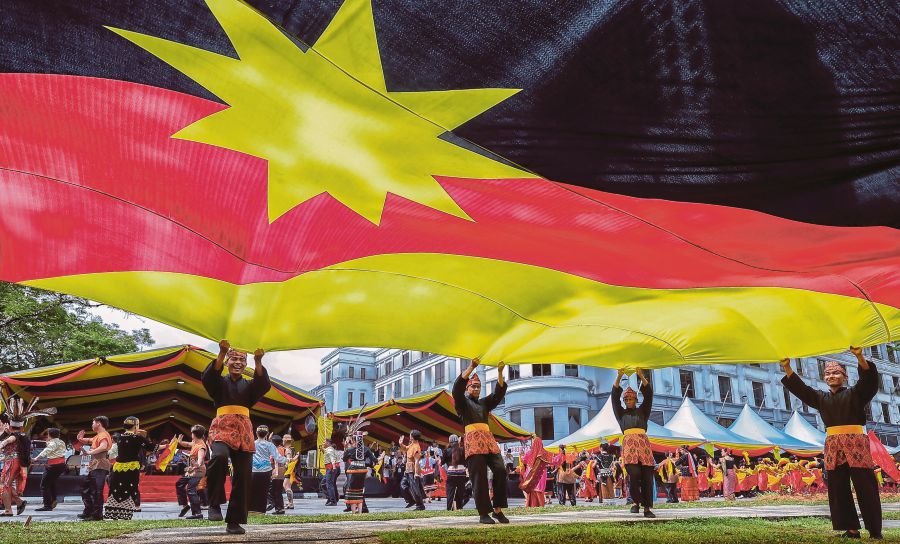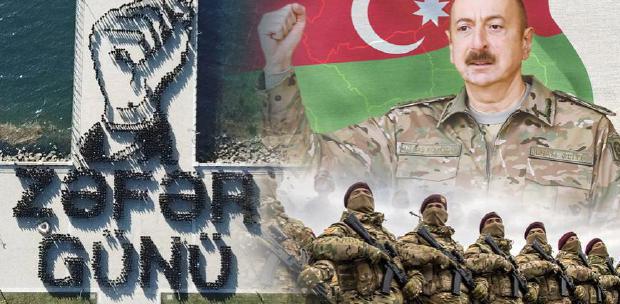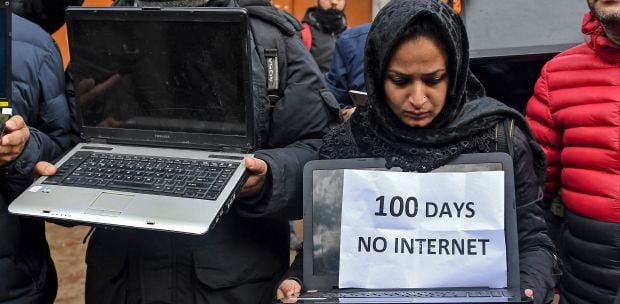SARAWAK Day, commemorating the day on July 22, 1963, when the state's first chief minister was formally sworn in, is being celebrated with greater fanfare than usual this time since it is also the 60th year of Sarawak's independence on Malaysia Day, Sept 16, 1963.
In the lead-up to this day, which was formally declared a public holiday only less than a decade ago, convoys have criss-crossed Sarawak, often led by Premier Tan Sri Abang Johari Openg.
With the state coffers beefed up with additional taxes, principally from oil and gas extracted from the state, Abang Johari was able to use such occasions to announce a slew of state-funded projects and initiatives.
The feel-good vibes peaked with a mammoth get-together at Kuching's Padang Merdeka on July 22. What does all this actually mean for Sarawak and the nation as a whole?
For Sarawak, it is an unmistakable assertion of the state's rights and prerogatives.
State pride is being whipped up, sometimes with a somewhat anti-federal sentiment coming into play, as state leaders rail against perceived persistent federal parsimony in funding projects deemed critical to state aspirations or federal tardiness in the return of rights deemed important to the state's autonomy demands.
There is even a certain boorish element at work as some state leaders crow over a new-found political unity at state level and unfavourably compare that with the seeming unending political feuding at federal level.
It is perhaps worth bearing in mind that the state ruling coalition is a part of the current federal government as well as the last two federal administrations.
As the Sarawak government seeks to infuse Sarawakians with pride in their own success and capability, a dose of humility may not be amiss.
Recall, for example, that Barisan Nasional and its preceding Alliance brought decades of dominant political stability to the nation until 2018.
Are there not lessons from that that the current Sarawak political leadership may want to seriously think about? About how that previously much-vaunted stability came crashing down just five years ago?
A celebration of what the state has achieved in 60 years is, in any case, incomplete without simultaneously taking stock of the challenges that still confront it.
While the state administration took some justifiable pride with a recent World Bank calculation which categorised Sarawak as a high-income state, some — including former federal minister Tan Sri Leo Moggie — were quick to point out that many living in rural Sarawak are still without the most basic needs and amenities.
Even the urban working-class may not feel like they are living in a high-income state.
All hands must be on deck to meet those challenges, including the federal government that provides critical public goods such as peace beyond our borders and security within, which we too often take for granted.
Alas, 60 years of Malaysia may be as good a time as any for the nation to take stock and ask ourselves if perhaps there is a need to reboot federalism.
The aspirations, especially in Sarawak and Sabah, for meaningful autonomy certainly require more robust, even-handed and mature debates in order to arrive at an acceptable equilibrium that will carry us through another 60 years at least.
If all Malaysians on both sides of the sea that divides us are really in it together, a spirit of give-and-take must surely mean Malaysians on the Borneo side adopting something better than a couldn't-care-less attitude over a nation facing up to an unusually challenging time.
The writer views developments in the nation, region and wider world from his vantage point in Kuching






